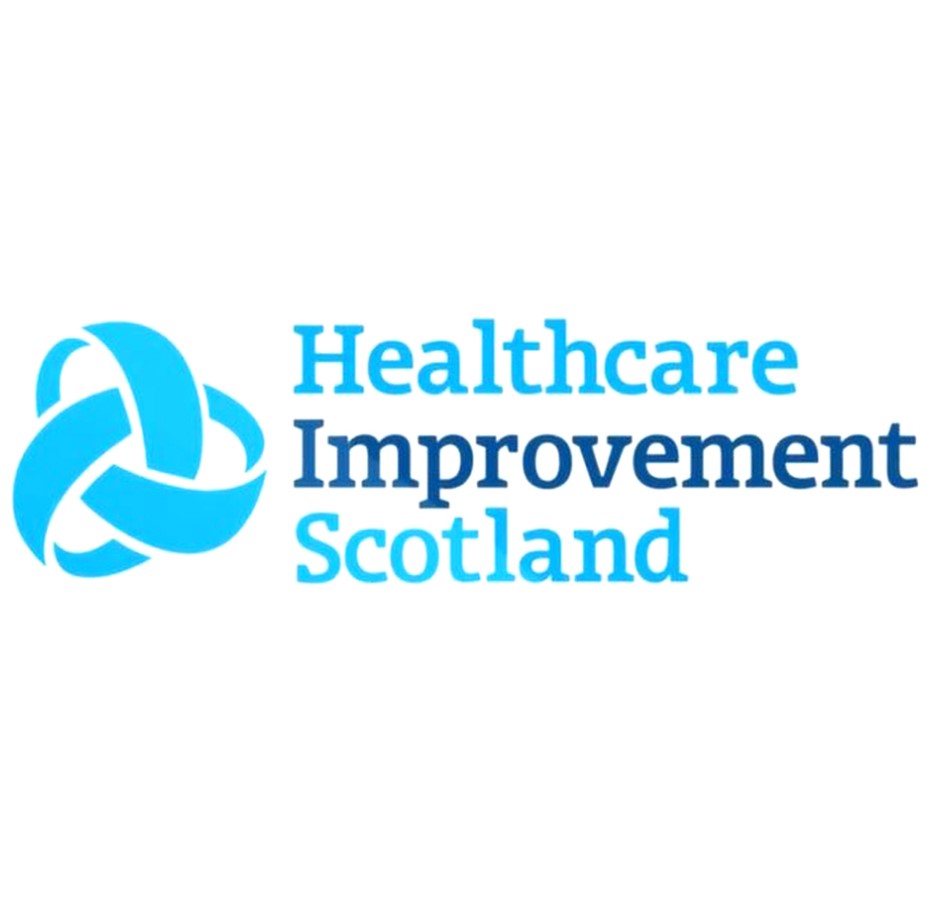Risperidone orodispersible tablets to treat agitation and delirium - patient information leaflet

Name of the medicine:
Risperidone
The information given in this leaflet should be read along with any patient information leaflet provided by the manufacturer with your medicine. Click for orodispersible tablet Search Results - (emc) (medicines.org.uk) or for oral solution Search Results - (emc) (medicines.org.uk)
What is it for?
Risperidone is licensed for use as an antipsychotic medication (medicines used for treating some mental health conditions). It has also been shown to help with agitation and acute confusion (delirium).
Most medicines available in the UK have a licence. The licence describes the conditions the medicine can be used to treat, and how the medicine can be given. The manufacturer of the medicine has to show that the medicine is safe and made to a high standard before the medicine is licenced.
The use of risperidone for agitation and delirium is outside its licence. Medicines used in palliative care are quite often used in this way. There is experience and research to support the use of risperidone in this way. The person who prescribed your medicine will have carefully considered the benefits for you.
The information in this leaflet is not included in the information leaflet supplied with the medicine.
We are giving you this extra leaflet to tell you about the reason(s) why you are taking this medicine and to highlight other information. You should read both leaflets.
What form(s) of this medicine are there and how is it usually taken?
Risperidone is available as an “orodispersible tablet”. This is the technical name for a tablet which is placed on the tongue and allowed to dissolve.
The usual starting dose is 250 to 500 micrograms (0.25 - 0.5 mcg). The orodispersible tablet comes as 500 micrograms and will need to be split in half if you are prescribed the 250 microgram dose. You can get a pill cutter at your local pharmacy to make this easier.
Risperidone can be taken every 12 hours when you are feeling agitated or are experiencing delirium. The dose may be increased to help manage your symptoms.
The orodispersible tablets may break easily so you should handle the tablets carefully as follows:
1. Keep your hands dry. Do not push the tablet out of the pocket.
2. Separate one blister cell from the strip.
3. Carefully peel off the backing.
4. Take the tablet out of the pocket.
5. If your mouth is dry, moisten it first with a little water.
6. Put the tablet in your mouth. It will dissolve directly on or underneath the tongue.
Risperidone is also available as a tablet, which is swallowed whole with water, and an oral solution.
What are the most common side effects I might experience?
Like all medicines, you may experience side effects when you take risperidone.
The most common side effects are sleepiness, insomnia and feeling dizzy or faint especially when getting up from a lying or sitting position. This will usually pass on its own but if it does not, tell your doctor.
Other side effects include restlessness or unusual muscle movements; if you notice this let your doctor or nurse know.
You may experience a dry mouth., Keeping your teeth and mouth clean will help, along with having regular small sips of water.
This medicine may cause constipation, and a high-fibre diet and drinking fluids can help with this. If not, your doctor will be able to prescribe another medicine to help you go to the toilet (laxative).
You should consult your doctor if these side effects become troublesome.
What other information should I know about this medicine?
Please remember to order your repeat prescription with a few days spare, to allow it to be processed.
It is important not to order more medication than you need. Even if you return them to the pharmacy in future, they cannot be reused after they have been labelled for your use and must be disposed of.
Your medication needs to be kept in a safe place out of the reach of children.
It is important to store your medication in the original container.
Return ALL unused medication to a pharmacy.
If for any reason a medication is disposed of at home, it is important NOT to flush it down the toilet as this pollutes the water. Medication CAN be disposed of securely and safely in a general waste bin, ensuring that it cannot be accessed by children or animals.
Alcohol
It is best to avoid alcohol as it may make you feel very sleepy.
Driving
There is a risk of feeling drowsy, blurred vision and dizziness when you are given risperidone tablets. If this happens do not drive. You should also not operate any machinery if you feel drowsy.
https://www.gov.scot/publications/drug-driving-rules-promotional-material
Any other important information?
Tell the doctor if you or someone else in your family has a history of blood clots, as medicines like this have been associated with the formation of blood clots.
Tell the doctor if you have Parkinson’s disease. If you have Parkinson’s disease (a condition in which parts of the brain become progressively damaged over many years), risperidone tablets may worsen your symptoms.
Tell your doctor if you have phenylketonuria. Risperidone orodispersible tablets contain aspartame, which is a source of phenylalanine (one of the building blocks of protein called amino acids found in many foods). This may be harmful for people with phenylketonuria (a rare condition where people can’t break down phenylalanine).
To access the PDF of this page click here
